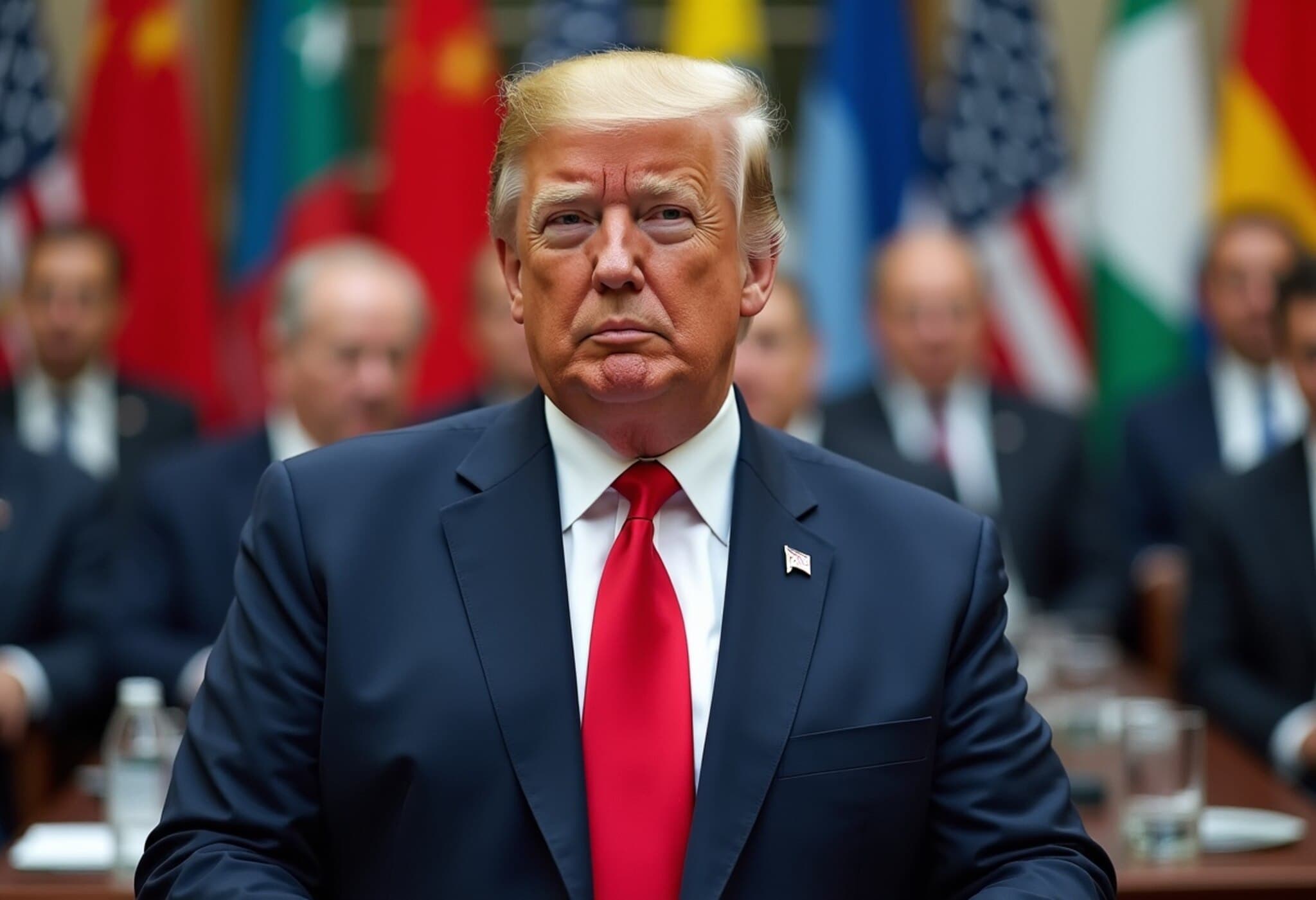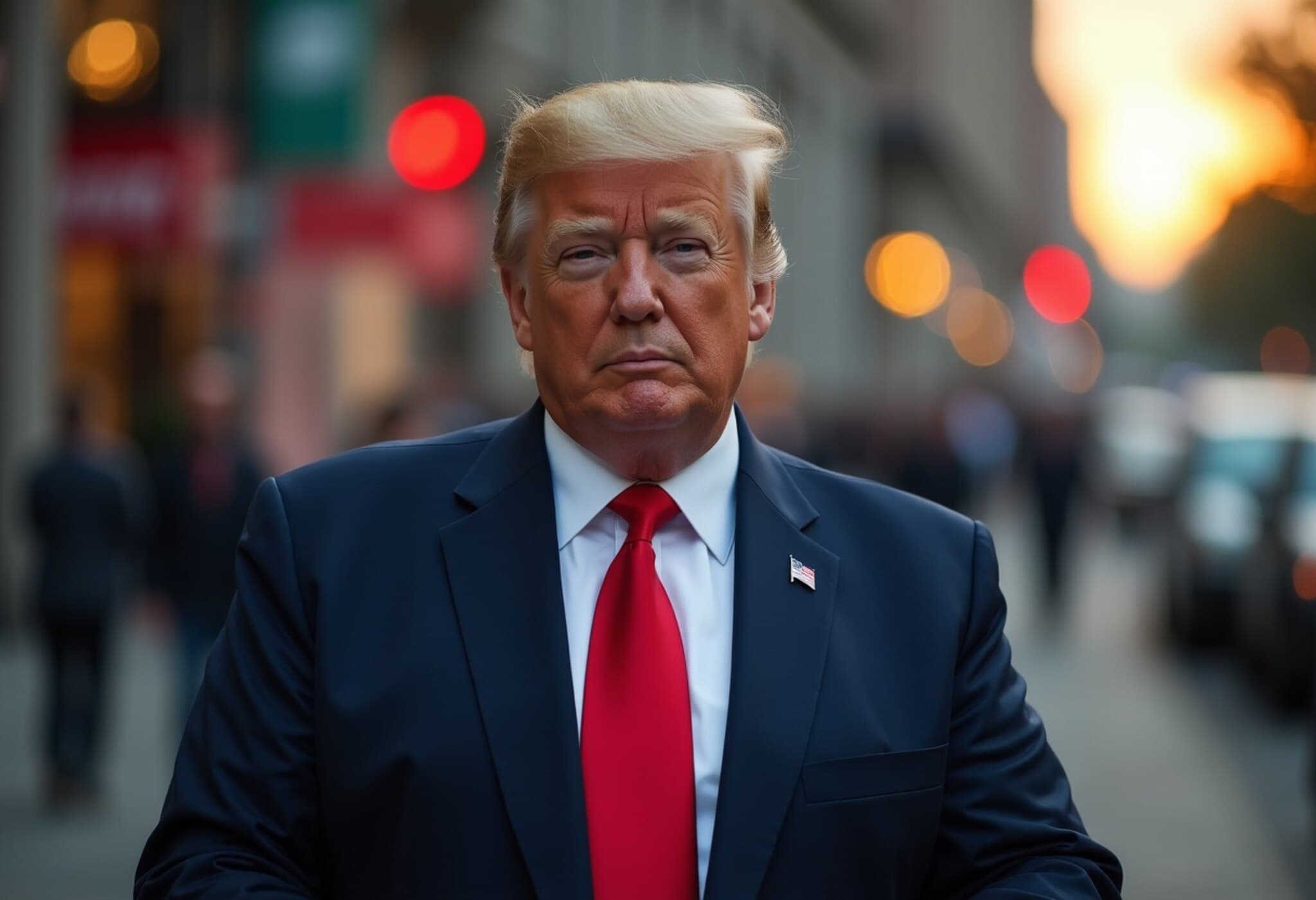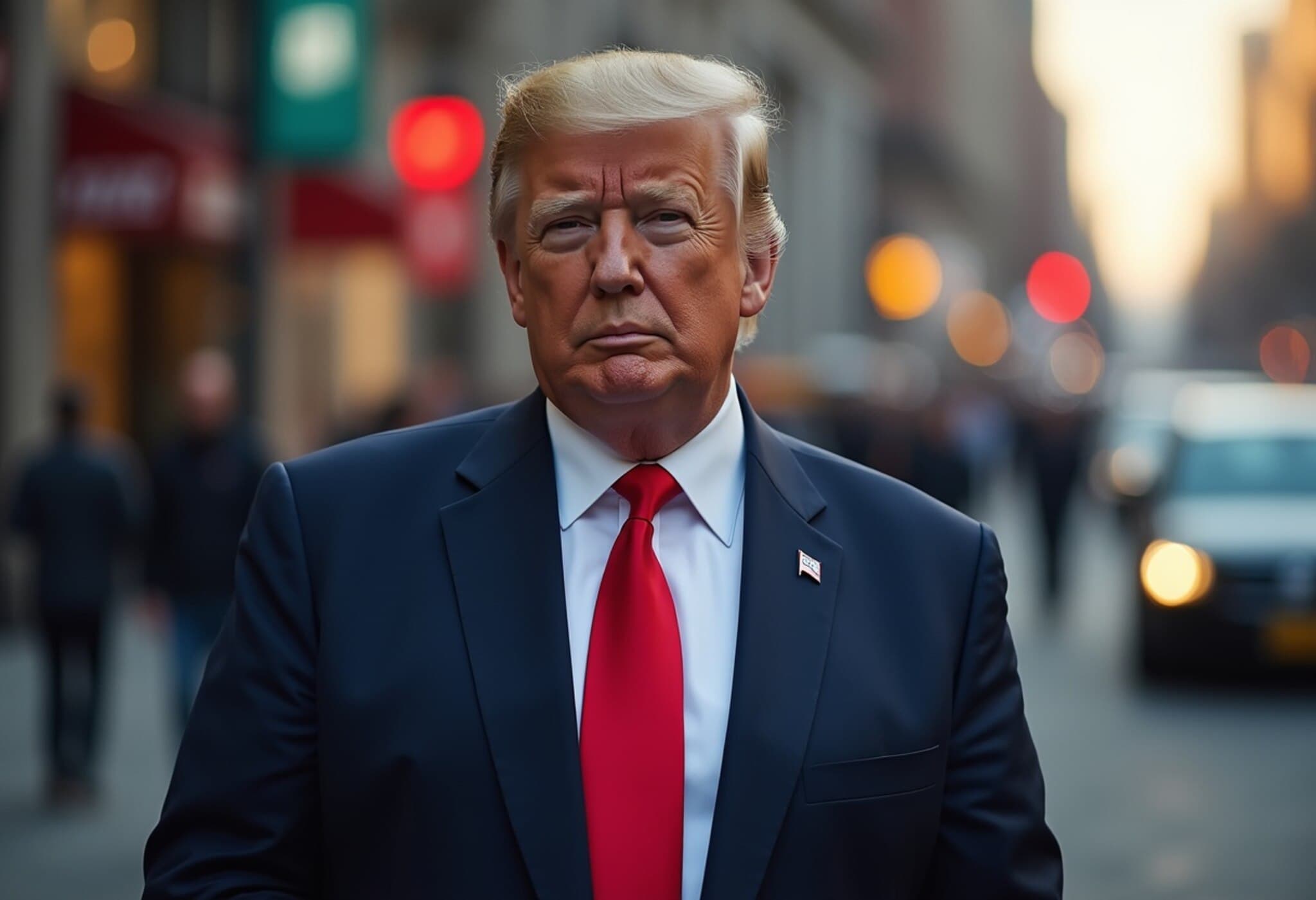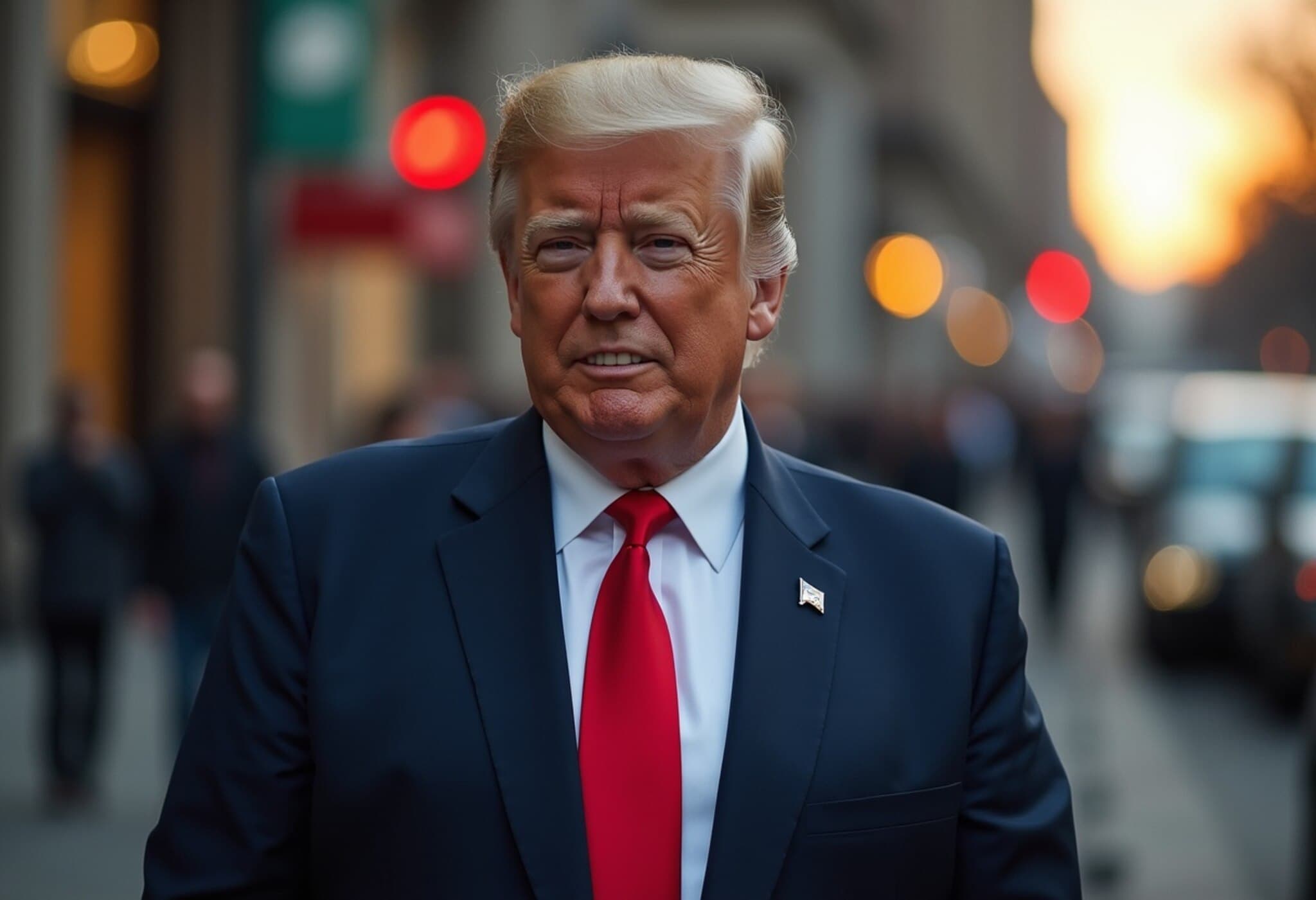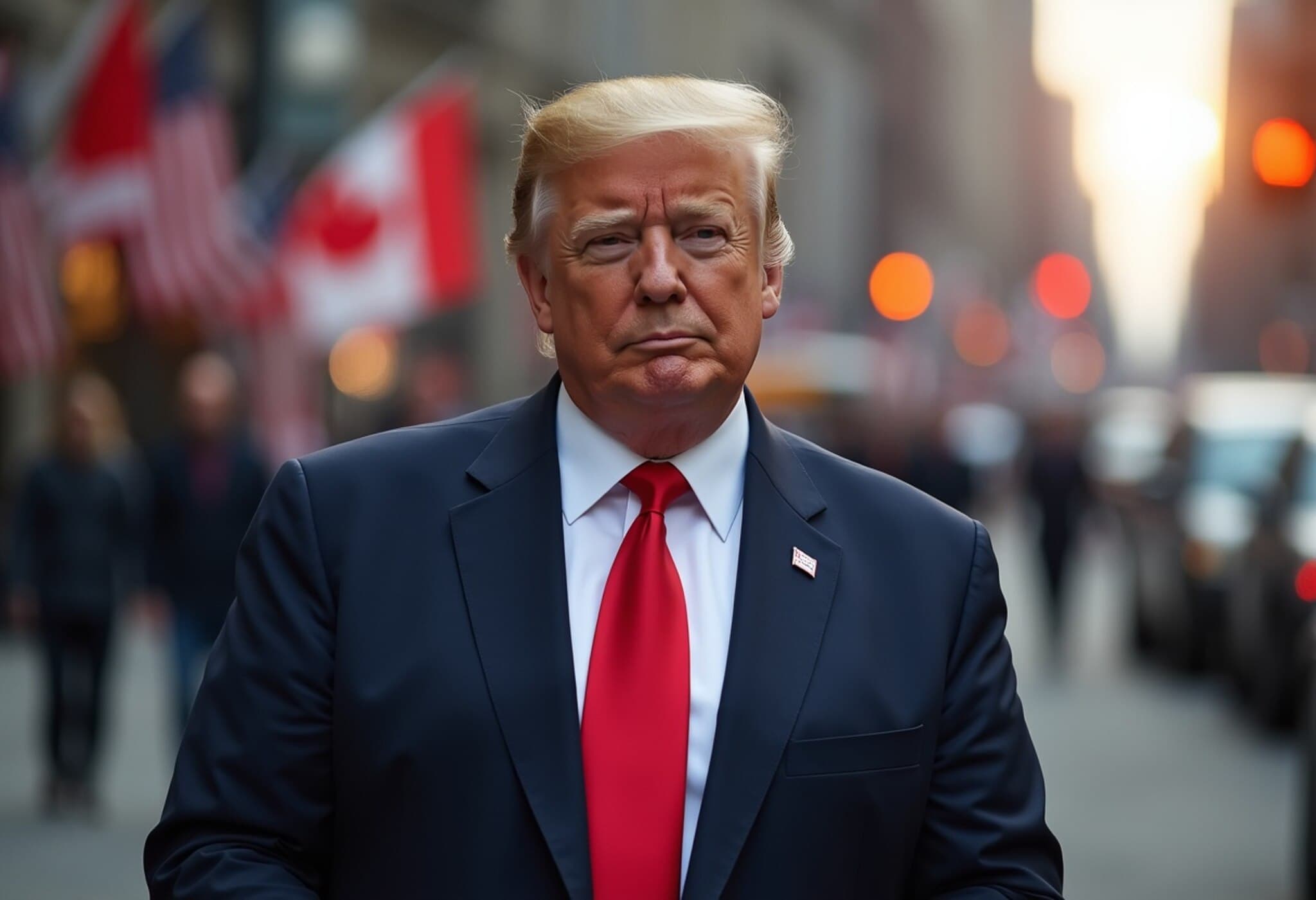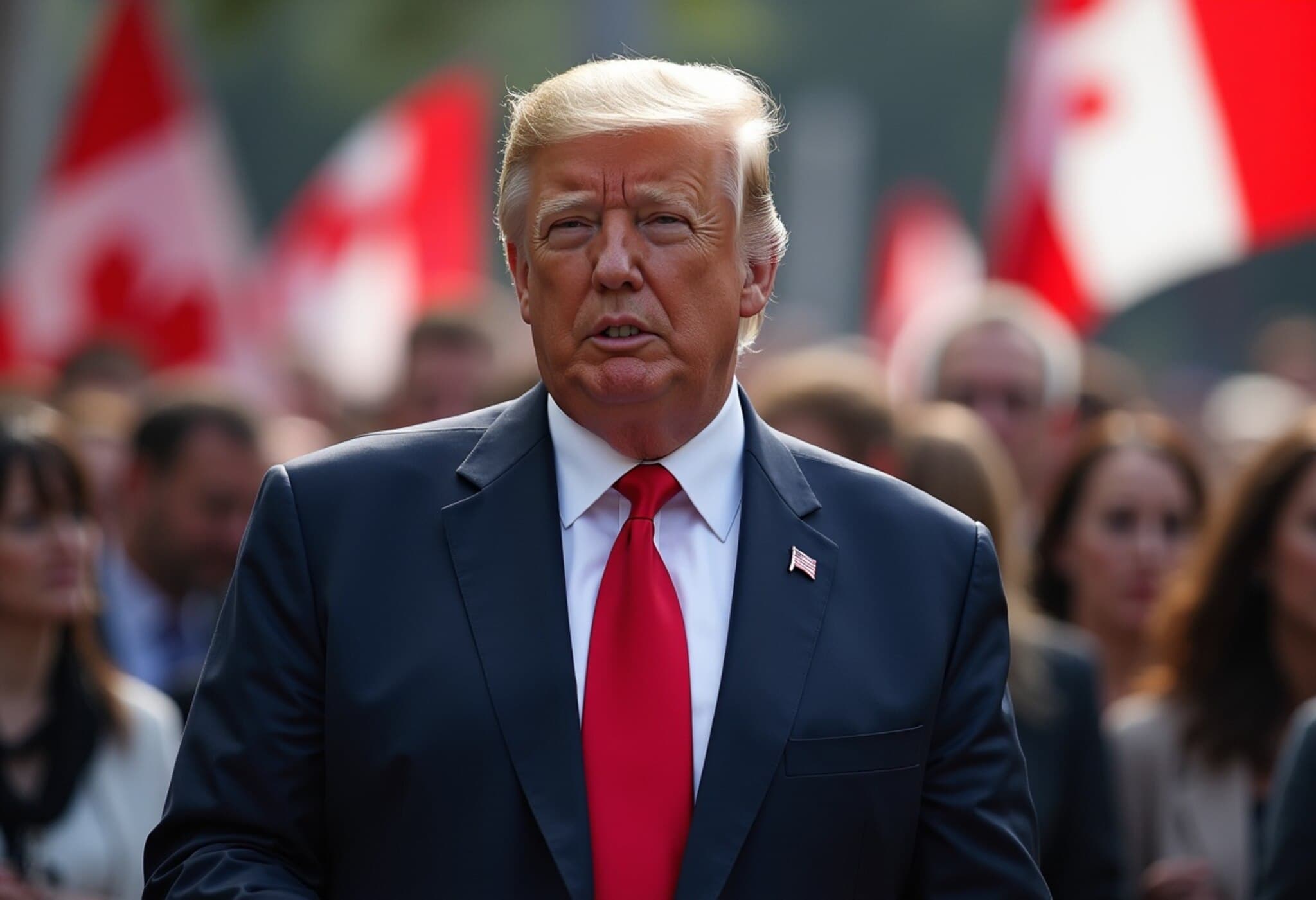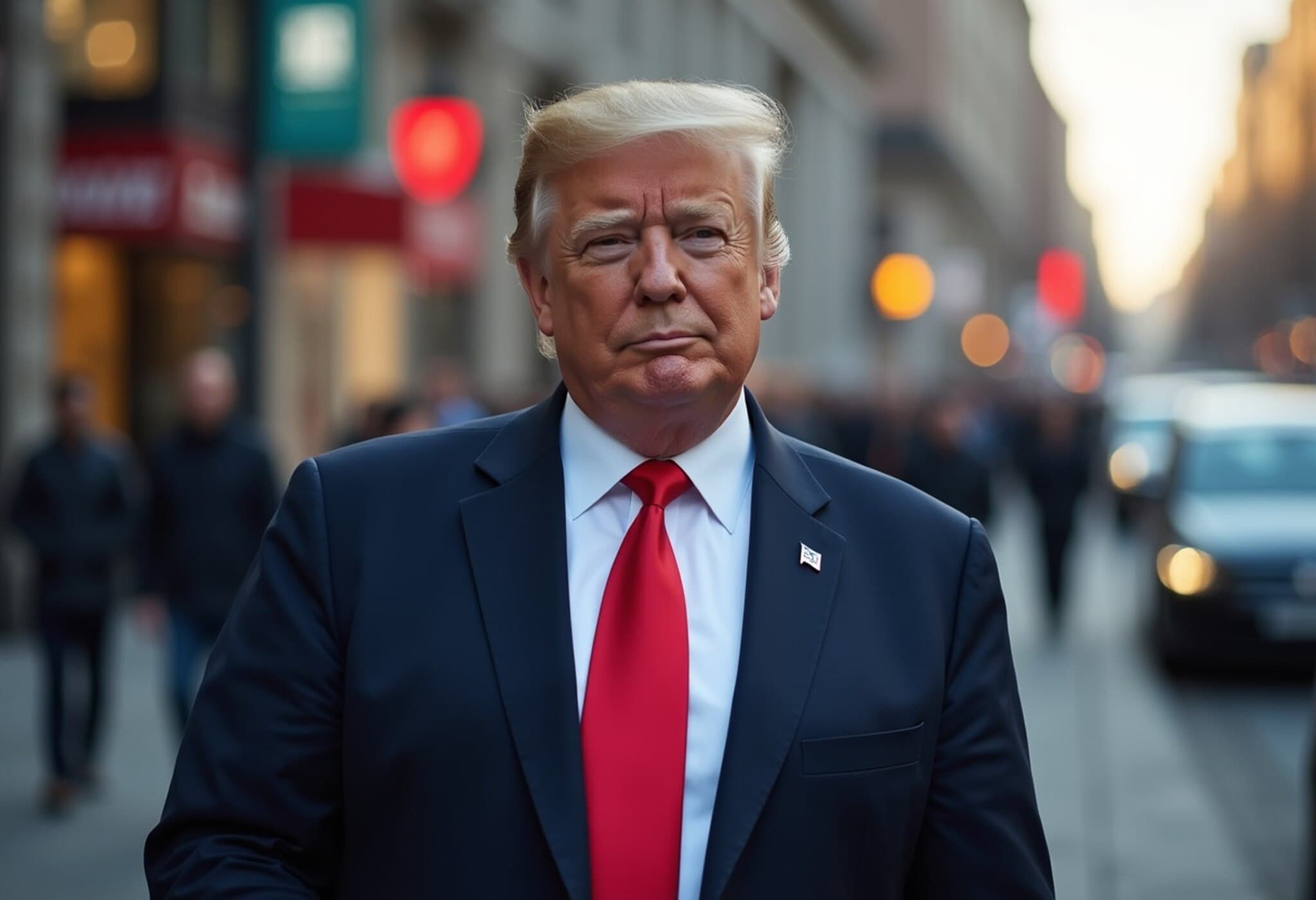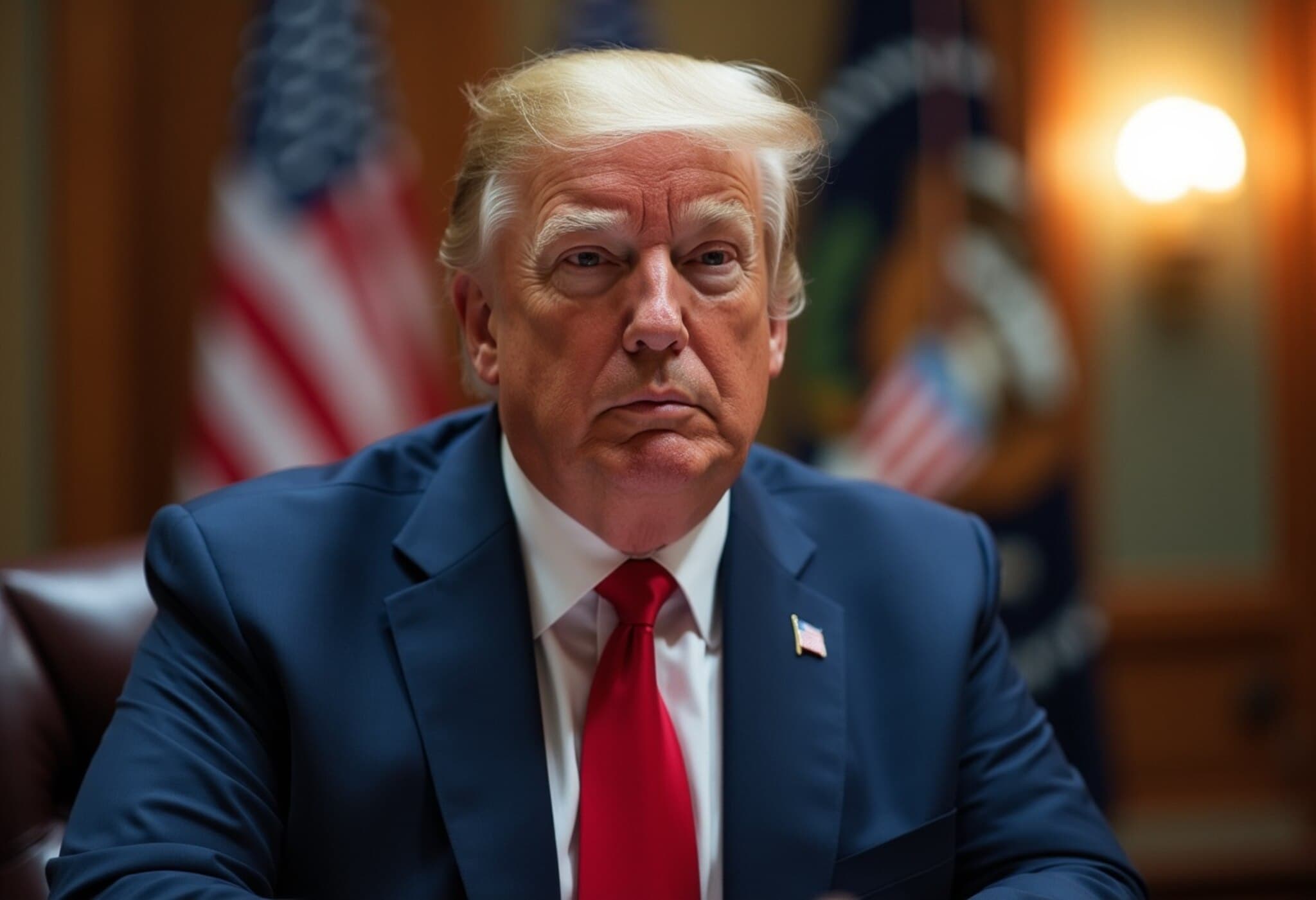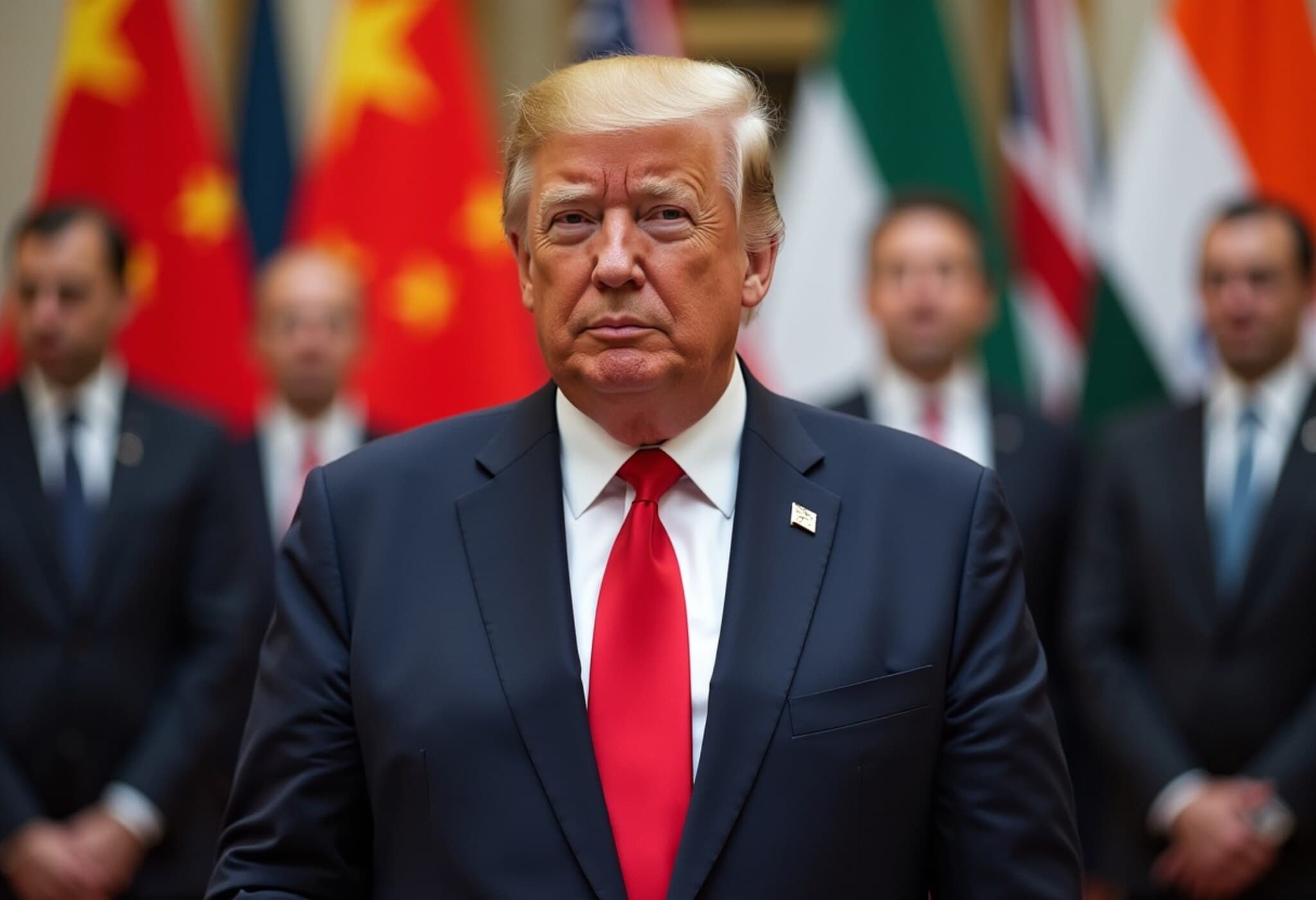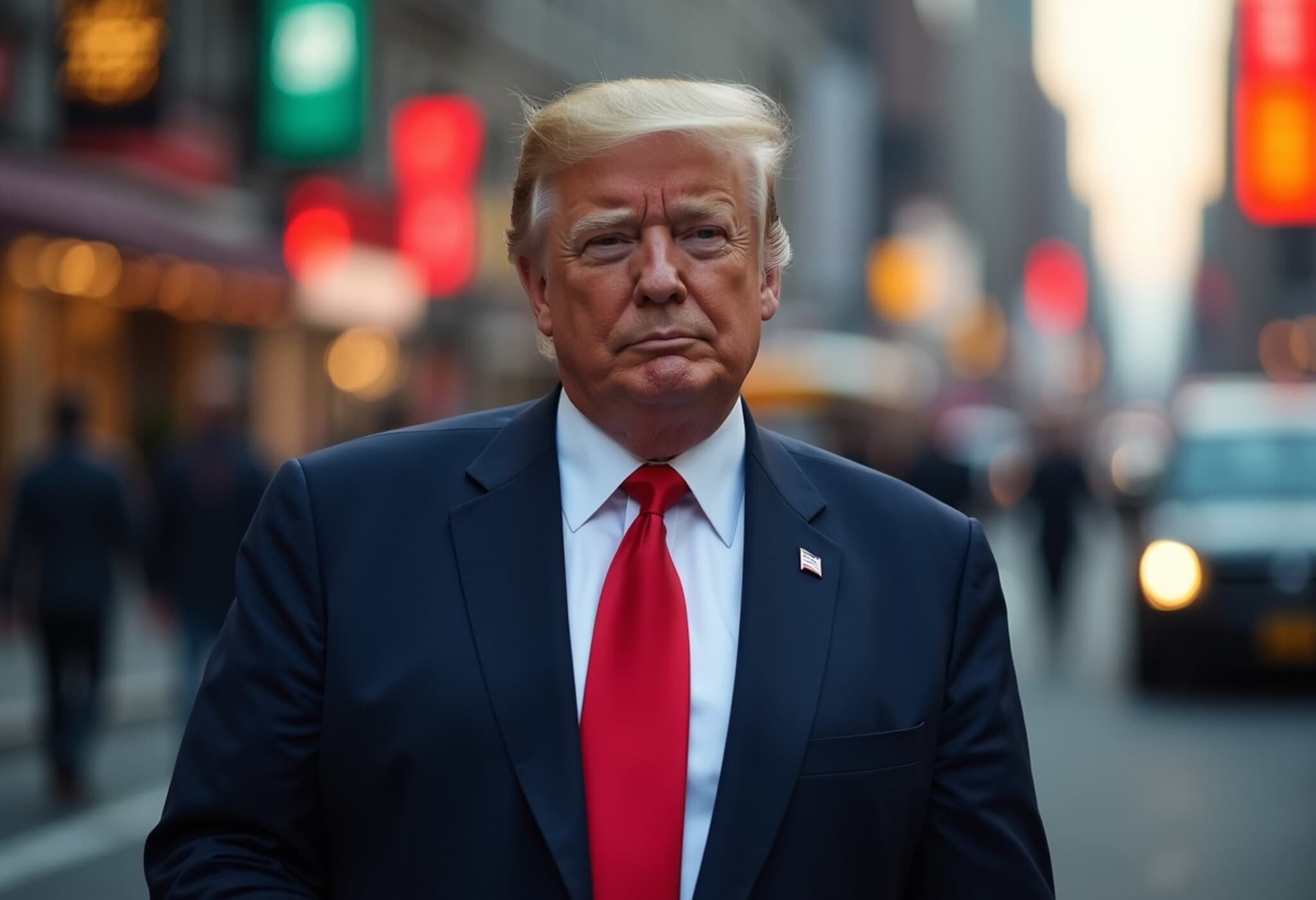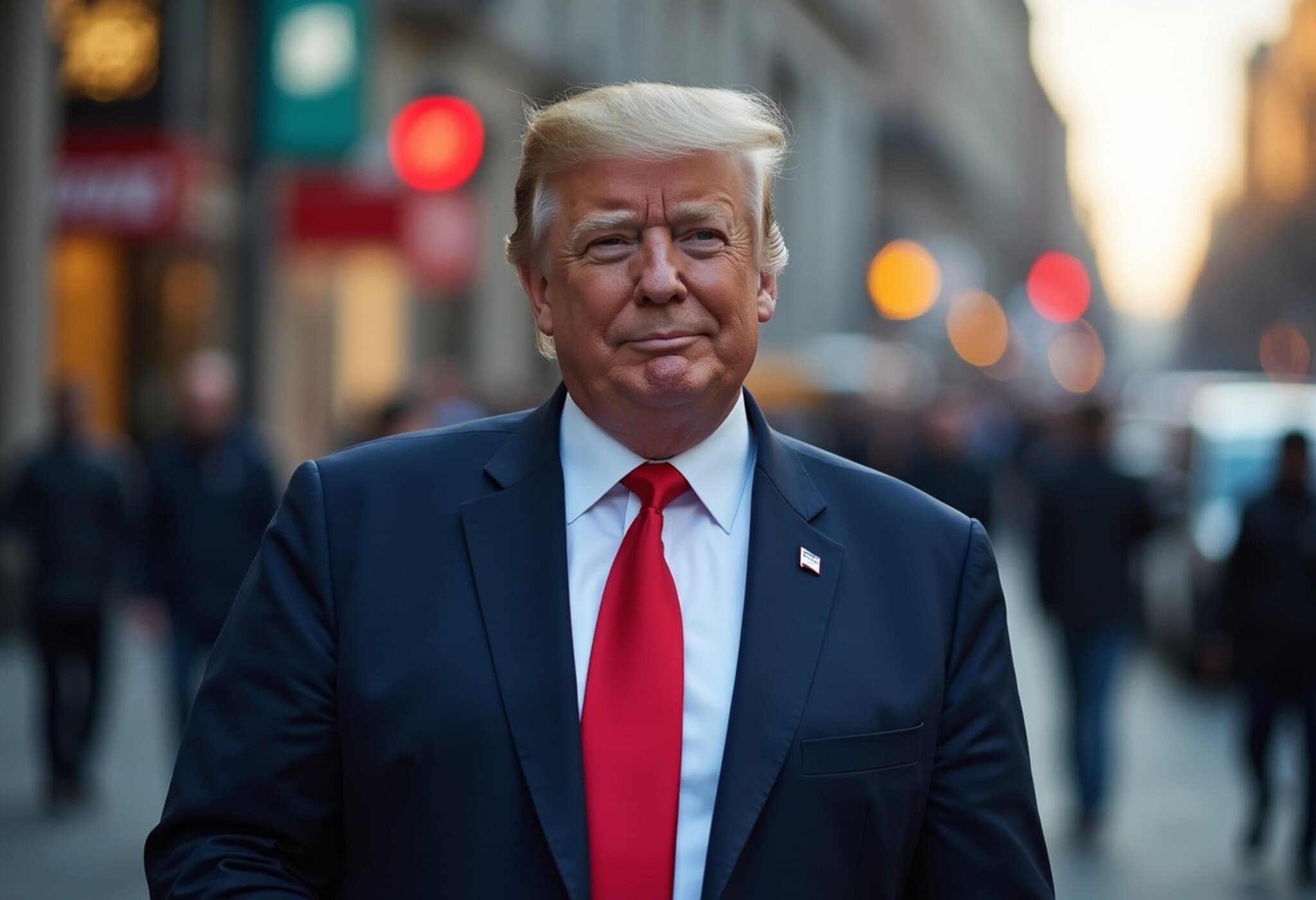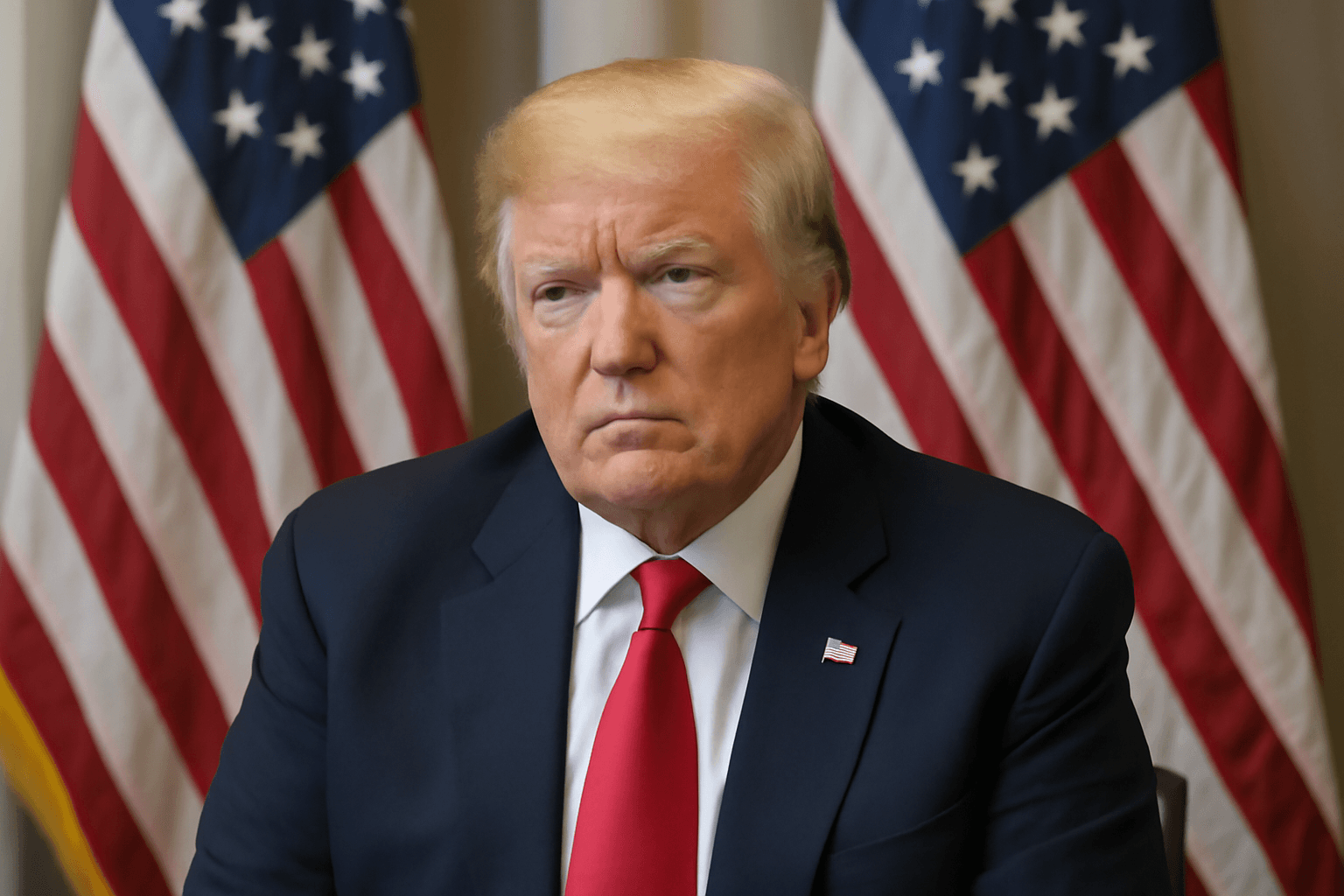US Initiates Investigation into Brazil’s Trade Policies Following New Tariffs
In a sharp escalation of trade tensions, the United States government has announced an official investigation into Brazil’s trade practices, just days after President Donald Trump imposed hefty tariffs of 50% on Brazilian imports. This probe aims to scrutinize policies that the U.S. alleges are unfair and detrimental to American businesses across sectors ranging from digital services to traditional industries.
Details of the Trade Investigation
The office of the US Trade Representative (USTR) revealed that the investigation will zero in on Brazil’s policies concerning digital trade and electronic payment services, preferential tariffs that unfairly favor Brazilian companies, and measures that may constitute anti-competitive interference under the guise of anti-corruption efforts.
USTR Jamieson Greer emphasized the administration’s concern about Brazil’s treatment of American companies, particularly accusing Brazil of imposing higher tariffs on U.S. products than it applies to other trading partners. This, Greer states, undermines American workers, farmers, technology innovators, and social media companies facing regulatory pressures.
Trade Dispute Rooted in Political Frictions
The current trade spat does not exist in isolation. Relations between Washington and Brasilia have been strained amidst political controversies, including what the U.S. terms as a “witch trial” against former Brazilian President Jair Bolsonaro. The administration is also critical of Brazil’s efforts to penalize U.S. digital firms for their refusal to censor political content, an issue that sits at the loaded crossroads of free speech and state control.
Expert Insight: A Strategic Economic Move?
Trade analysts suggest that this probe represents a multifaceted strategy by the U.S. to regain leverage in key emerging markets, particularly those with rapidly developing digital economies like Brazil. While tariffs are blunt tools, the investigation could pave the way for more nuanced trade negotiations or retaliatory measures if unfair practices are confirmed.
Daniel Ramirez, a trade policy expert at the Center for International Economic Relations, notes, "This is not merely about tariffs but about setting the rules for the digital economy and ensuring American companies can compete on a level playing field globally. Brazil’s approach to digital services and tariffs signals a broader challenge to U.S. economic interests in Latin America."
Broader Geopolitical Context
The inquiry against Brazil also takes place amidst wider global tensions involving the United States and major emerging economies such as China and India. NATO Secretary General Mark Rutte recently warned Brazil and these countries about potential secondary sanctions tied to their economic relations with Russia, especially given ongoing conflicts in Eastern Europe.
Rutte's comments underline the connectedness of trade, diplomacy, and security policies as the U.S. also announced new military support for Ukraine while threatening a 100% tariff on imports associated with Russia should peace agreements fail within a set timeframe. These intertwined issues place Brazil in a delicate position where economic policies have far-reaching diplomatic consequences.
What Lies Ahead?
- The U.S. investigation could lead to formal trade remedies against Brazil, impacting tariffs, trade barriers, or regulatory frameworks.
- Diplomatic channels may open for dialogue to resolve disputes before retaliatory actions escalate.
- Brazil might recalibrate its trade and digital economy policies to avoid protracted conflicts with the U.S. and align better with international norms.
As the situation unfolds, businesses and consumers on both sides of the Americas are likely to feel the ripple effects amid growing debates about globalization, fair trade, and digital sovereignty.
Editor's Note
This investigation highlights the evolving nature of international trade disputes in the digital age, where tariffs intersect with policies on data, censorship, and technology innovation. It prompts us to consider how emerging economies like Brazil balance national interests with global economic integration—and how the U.S. navigates protecting its companies amid complex geopolitical realities. For readers, the ongoing developments call attention to the broader stakes of trade policies that shape everyday technology use and international relations.



